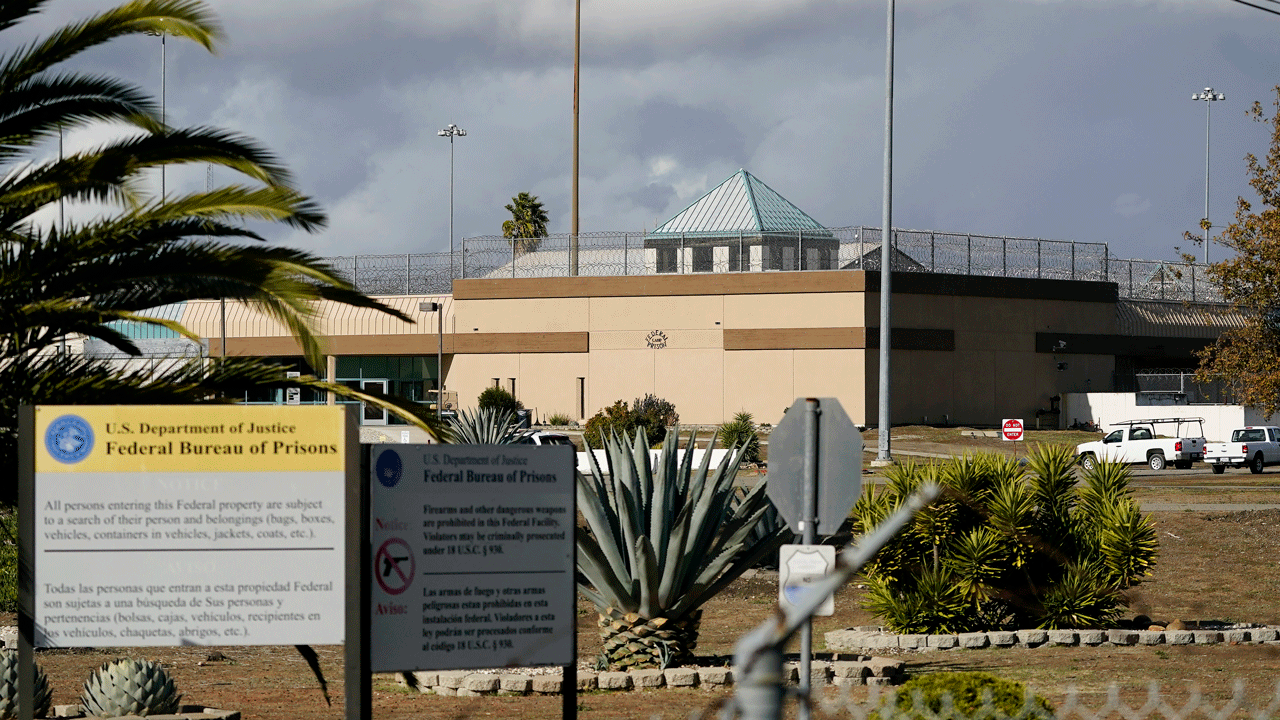Donald Trump isn’t exactly Don Quixote, but he does have a thing against windmills.
Indeed, Trump’s animus toward wind power is one of the strangest obsessions of a man with many unusual preoccupations (toilets! hair spray!). Over the years, he has asserted, falsely, that wind turbines can cause cancer, that they can cause power outages and that wind energy “kills all the birds” (cats and windows do far more harm). Now he says that if he wins in November, on “Day 1” he’ll issue an executive order putting the brakes on offshore wind farm construction.
Trump claims, without evidence, that such wind farms are whale killers — either way, though, if you think he cares about whales, I have some Truth Social stock you might want to buy.
But the windmills of Trump’s mind aside, there’s a broader story here, one that goes well beyond the former president: the remarkable pettiness of many powerful people, and the danger that it poses both to American democracy and to the future of the planet.
First, a word about the wind. Over the past 15 or so years we’ve seen revolutionary progress in the technology of renewable energy; the idea of an economy reliant on solar and wind power has gone from hippie fantasy to realistic policy goal. It’s not just that the costs of renewable electricity generation have plunged; related technologies, especially battery storage, have gone a long way toward resolving the problem that the sun doesn’t always shine and the wind always blow.
And while renewable energy, like almost everything in a modern economy, has some environmental consequences — yes, some birds do fly into wind turbines — these consequences are tiny compared with the damage done by burning fossil fuels, even if you ignore climate change and focus only on the health effects of pollutants like airborne particulates and nitrous oxide.
Why, then, would Trump want to block such hugely beneficial technological progress? His motives really aren’t much of a mystery.
First, there’s greed. Fossil fuel producers are still huge campaign contributors and have a financial stake in thwarting or delaying policies that will shift us toward renewable energy. (And that frequently seems to override any concerns about whether their grandchildren will inherit a livable planet.) At a dinner with oil executives in April, Trump urged them to give his campaign $1 billion, in return for which he would reverse many of President Biden’s environmental policies.
But it’s not just about the money. Environmental protection, like almost everything, has been caught up in the culture wars. On Wednesday, Gov. Ron DeSantis of Florida, who has railed against “wokeness” and recently made headlines with a crusade against lab-grown meat, signed a law intended to stop the government of his state — which is highly vulnerable to climate change, so much so that insurers are fleeing — from even considering the issue in making policy.
Beyond all that, however, for Trump, wind power is personal. His hatred of turbines appears to date to a feud, more than a decade ago, with Scottish politicians whom he tried to bully into canceling an offshore wind farm he said would spoil the view from a golf course he owned. He failed to block the wind farm, which doesn’t seem in the end to have hurt the value of his property. But no matter: His ego appears to have been bruised. And all indications are that he is prepared to inflict considerable economic and environmental damage to assuage his affronted pride.
I wish I could say that this dynamic is uniquely Trumpian. But it isn’t.
The power of plutocratic pettiness came into focus during the Obama years, when many wealthy financiers were enraged by a president who, objectively, hadn’t done anything to deserve it. On the contrary, he had helped bail many of them out from the consequences of a financial crisis that they helped cause. But he occasionally dared to say that Wall Street had, indeed, played a role in the crisis, and in general he didn’t seem to treat rich bankers with the extreme deference that they considered their due.
As I wrote at the time, what men who can afford anything tend to want, more than money per se, is adulation. And when they don’t get it, they all too often go politically crazy.
We’ve seen this trajectory among some of the tech lords of Silicon Valley, who remain incredibly wealthy but are no longer the cultural darlings they once were. Elon Musk’s descent into conspiracy theory territory has been more flamboyant than most, but he’s by no means alone. And a significant part of the technology elite seems likely to support Trump (or potential 2024 spoiler Robert F. Kennedy Jr.) in the months ahead.
So even though Trump is the arch example of someone who makes the political personal, he isn’t unique in the way he lets minor grievances drive his policy positions. And even plutocrats who have no interest in becoming president can do a lot of damage, because money buys power.
Trump, however, may well regain the White House. And if he does, beware the consequences of his fragile ego.






